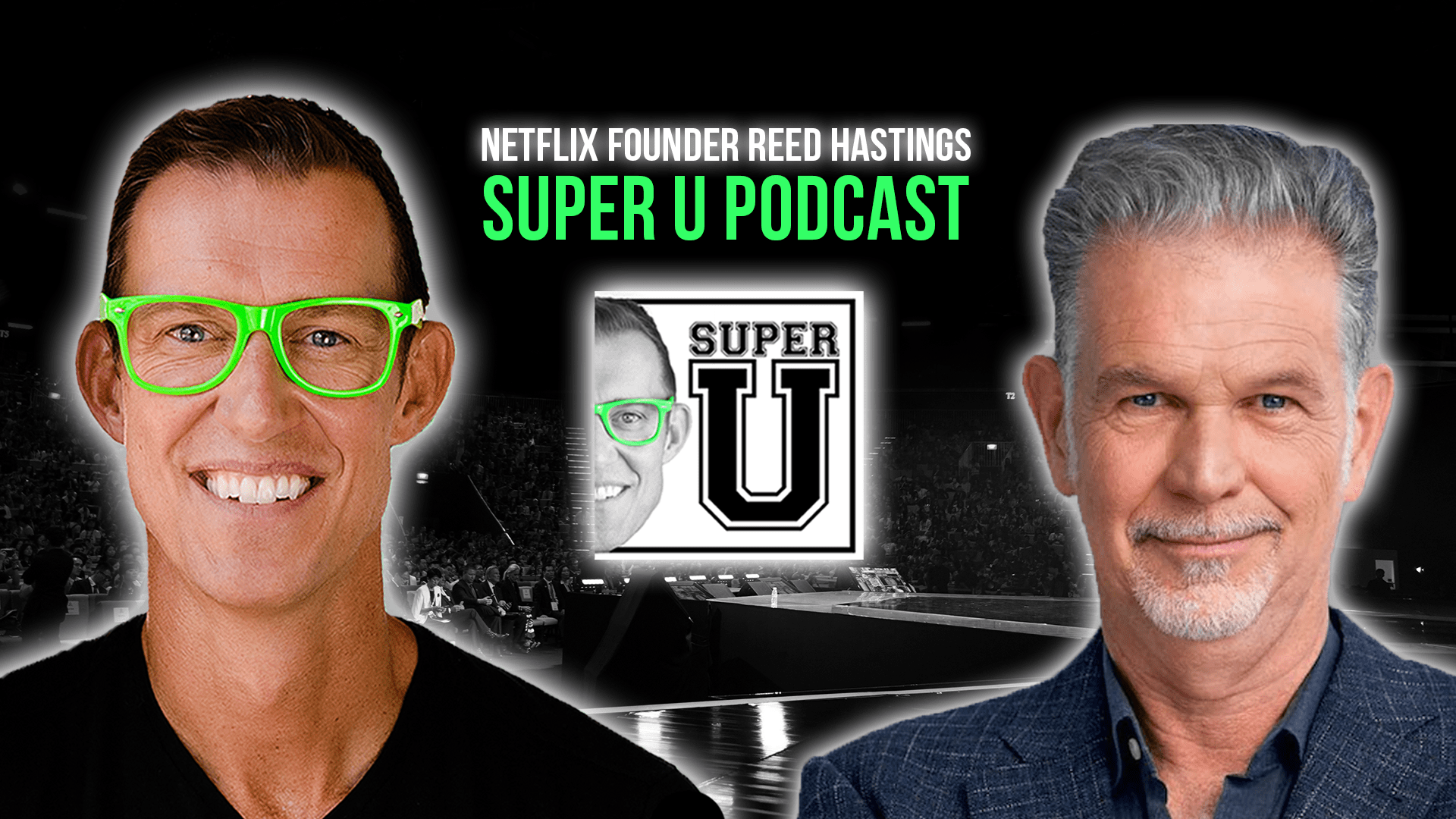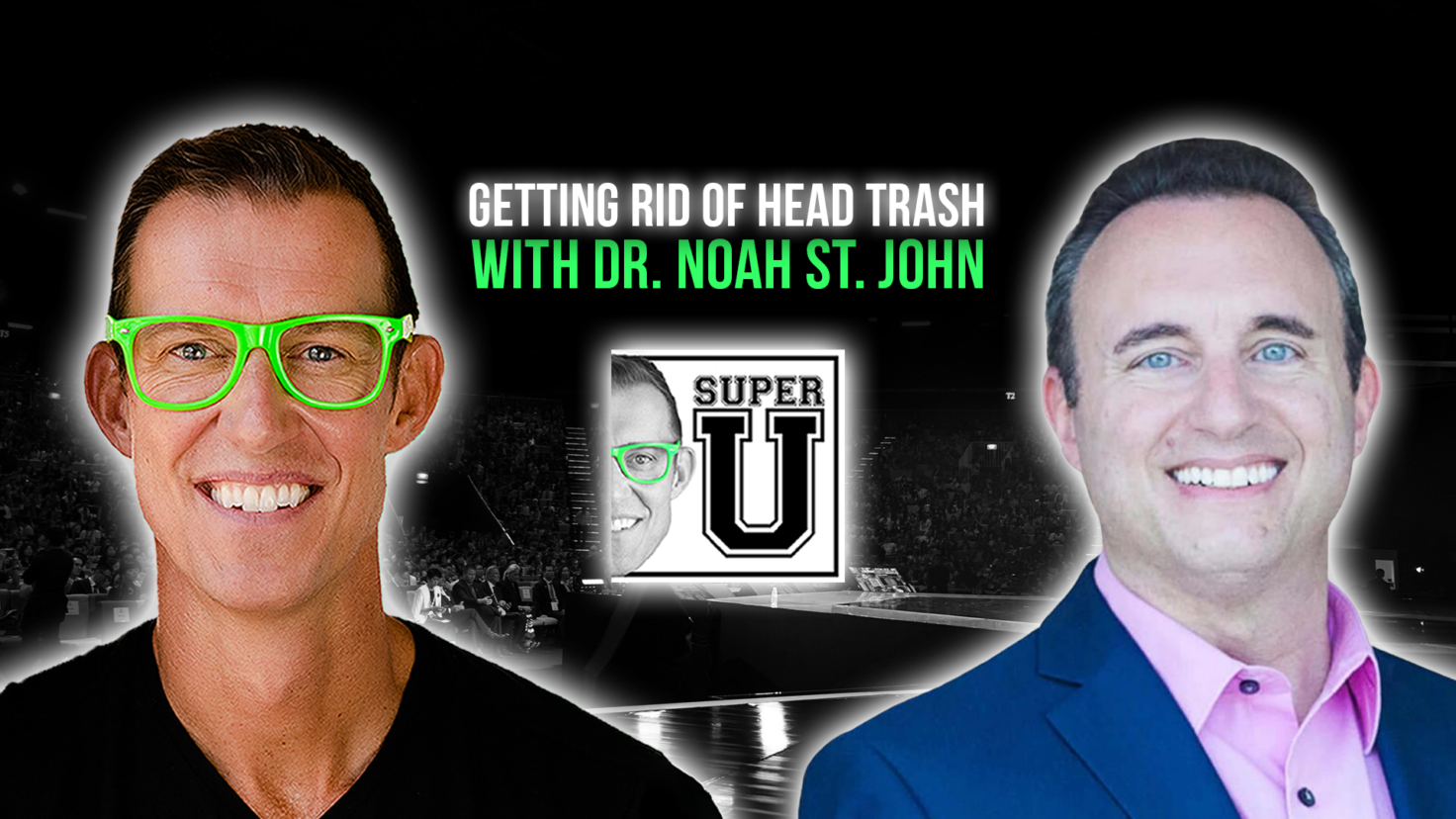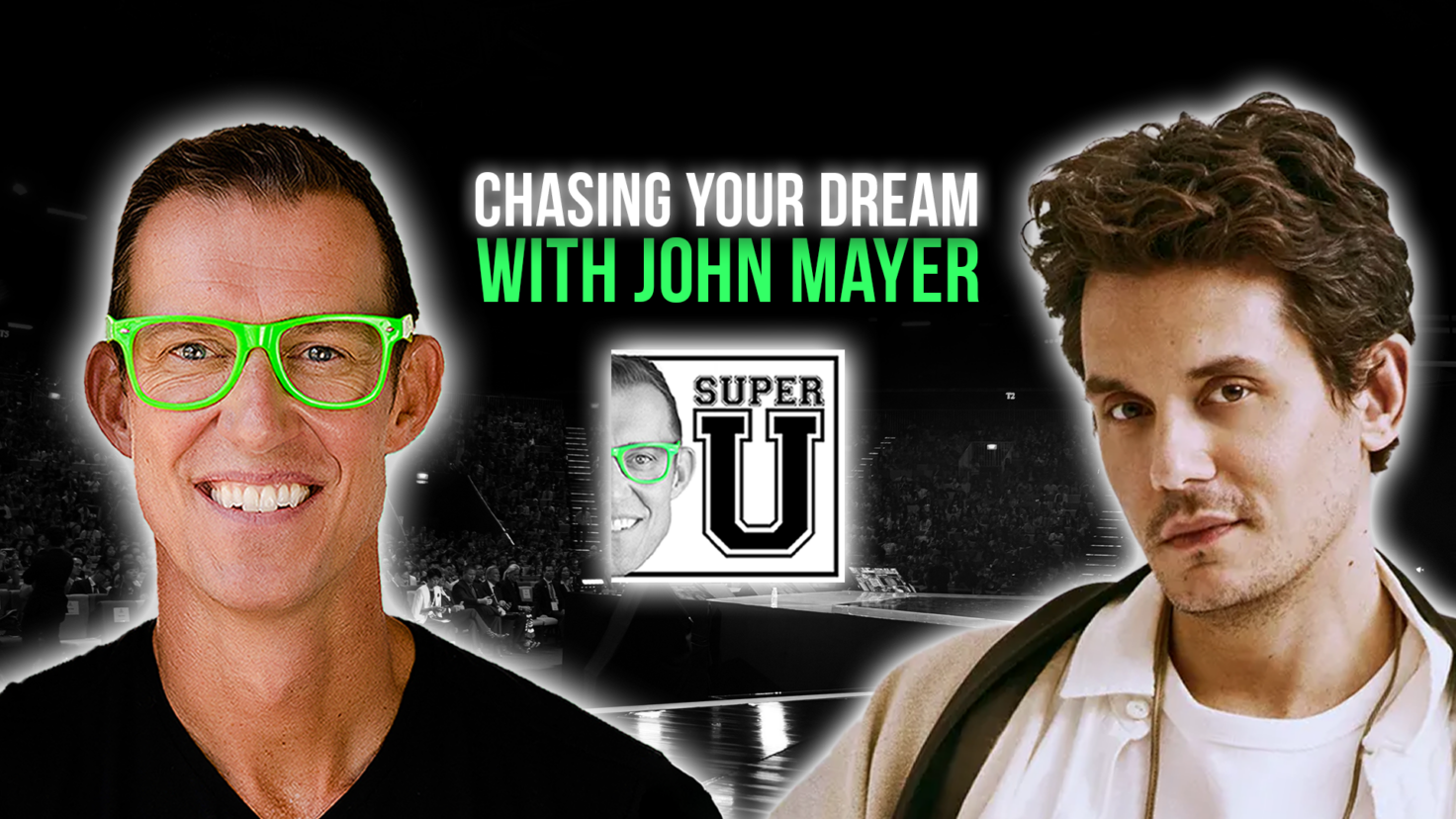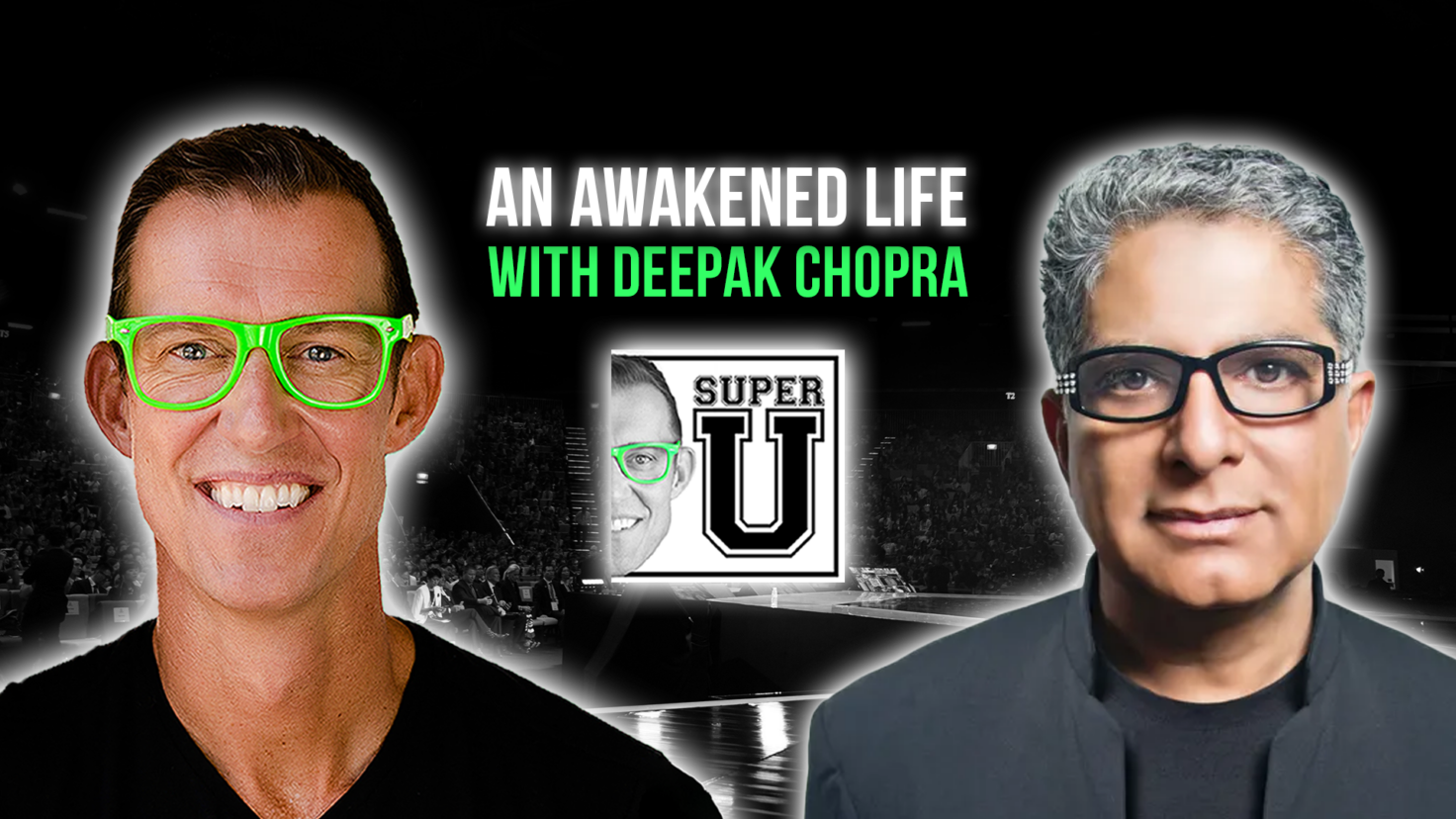Super U Podcast | Netflix Founder Reed Hastings
Wilmot Reed Hastings Jr. is an American billionaire businessman. He’s the co-founder, chairman, and co-chief executive officer of Netflix. Hastings also sits on a number of boards and non-profit organizations. A former member of the California State Board of Education, Hastings is an advocate for education reform through charter schools. In 1997, Hastings and former Pure Software employee Marc Randolph co-founded Netflix, offering flat rate movie rental-by-mail to customers in the US by combining two emerging technologies; DVDs, which were much easier to send as mail than VHS cassettes, and a website to order them from, instead of a paper catalog. Netflix has amassed a collection of 100,000 titles and more than 100 million subscribers. Hastings had the idea for Netflix after he left Pure Software. “I had a big late fee for Apollo 13. It was six weeks late and I owed the video store $40. I had misplaced the cassette. It was all my fault. I didn’t want to tell my wife about it. And I said to myself, ‘I’m going to compromise the integrity of my marriage over a late fee? Later, on my way to the gym, I realized they had a much better business model. You could pay $30 or $40 a month and work out as little or as much as you wanted.”
5x #1 Bestselling Author and Motivational Speaker Erik Qualman has performed in over 55 countries and reached over 50 million people this past decade. He was voted the 2nd Most Likable Author in the World behind Harry Potter’s J.K. Rowling. Qualman is also the inventor of the bestselling board game Kittycorn.
Need a sneak peek? Below are the main takeaways from the episode.
Super U Podcast | Netflix Founder Reed Hastings
[6:53] Tip #1
“Well, I got hosed by Brian’s movie Apollo 13. So I rented that movie from blockbuster a long time ago. And I forgot to return it. It was a $40 late fee. And I remember it because I was so embarrassed about it, I didn’t want to tell my wife. And about a year later, my den company, I was running a tech company got acquired, I was looking for something to do. And that was just one of those incidences that stuck with me of you know, there’s clearly got to be a better way. And so that was the genesis of Netflix. And when we started, we knew that DVDs, you know, a great digital packet, you know, it’s got five gigabytes on it, you can mail it overnight. But eventually, the internet would be fast enough to stream. And it took a lot longer than we thought our business plan and 97 said, in five years, half our business will be streaming. And we got to 2002. And it was 0% of our business. And we said well, in five years, that was when we went public in 2002. He said in five years, half our business will be streaming, we got to 2007 and 0% of our business was streaming. But then the third time we made the prediction and more than came true. We said five years half of our business will be streaming and by 2012. It was 80%. So it just shows you if you have something dumb and you say it long enough, it becomes smart.”
[8:27] Tip #2
“Now it’s execution. It’s how do we have, you know, the basic idea of you all, give us your money, thank you for that. And then it’s up to us to turn that money into joy. And we have to do that better and better. And if we create shows that you love, you’ll continue to pay us. And so we get up and take every day, we got billions of dollars that the customers are giving us and we have to turn that into joy. And that’s this movie and that show. And that’s hard work. Right. But that’s our focus is to do that better and better.”
[11:31] Tip #3
“Yeah, my first company was a tech software company started in 1990, it got acquired in 1997. And it grew very quickly. But very chaotically. And I always felt like I was half underwater, I was not doing a very good job. As a manager, the products were really good. So the sales increased. But as a leader and manager, not very effective. I wasn’t very honest. I was uncomfortable about being honest with people. So I valued kindness very highly, and consideration. And there’s that’s a good value too. But 10, you know, honesty is really important at work. So I’d be frustrated with you. And I wouldn’t really tell you. But it would, of course, manifest itself. And it took me a long time to have the courage, both to be able to be an example of honesty myself, to receive it to give it, and ultimately, of course, you know, obviously for all of you probably sitting there thinking, of course, you know, how why was that so hard? And I, I think part of the reason was I had never led anything when I started the company.”
[13:18] Tip #4
“Well, interestingly, in the, you mentioned at a startup coherent thought that I worked at when I was 28. And I worked so hard as an engineer writing code, you know, is there every night all night kind of thing? How hard can you push and you know, I would build up over time on my desk, this kind of gross set of coffee cups. And then, you know, now and then the janitor, we clean them all. And I learned that if I just waited long enough, I didn’t have to clean up. And one morning, I came in really early to work, you know, five in the morning, and I walk into the bathroom, and there were all my cups being cleaned. And I looked up and it was our CEO, very blocked, and it was cleaning them. And so yeah, it’s early in the morning. I’m like, I’m trying to understand the situation because I see him there scrubbing away. So Fine. Let’s just ask it was like very What are you doing? I think it was I’m cleaning your cups. And I was like, have you been doing it the whole years? Yeah. Like, and you never said anything? No. Why? And he said, Well, you work so hard. And this is the only thing I can do for you. Just stop I will follow this guy to the end of the earth. And that’s exactly where he led us. What happened is he was an incredibly charismatic guy that didn’t have a good market product fit vision. And we built an incredibly elaborate product. And we ultimately sold one copy of it to one customer and they never installed it. So you know, it’s like it’s a funny thing about leadership. You can be very personally compelling and have high integrity. That’s great, but you also got to lead people in the right direction, not into the backs Canyon.”
[15:25] Tip #5
“The goal is to get people to think about what’s best for the company, how do we grow? How do we please our members evermore? And we want people to be independent thinkers. We don’t want them to ever hide anything from their manager. But we want them to be thinking about how can we do things better. And that’s the first principle of thinking is what’s helped Netflix evolve through so many changes. Most of our industrial culture is not really focused on creativity, it’s focused on error prevention. And that’s good if you’re an airline or a hospital, okay? But if you are a creative organization, what you want to do is make it safe for people to make mistakes and to try things sort of managing on the edge of chaos, where you’re, you’re very creative, but it hasn’t actually tipped into chaos. You know, we model ourselves on professional sports, where you want the team to really work well together, and to play their heart out. I mean, athletes know that they can be injured at any moment. But they don’t focus on it. They focus on how they play the best game that they can. And our employees are similar. They focus on how do they have an incredible professional experience, learn a lot, grow incredible amount.”
[17:11] Tip #6
“I’m put in a situation, which is, you know, sometimes it’s different as maybe a little bit different than other young people. But it’s almost the same situation. You know, I’m being watched by everyone. And basically, every move I make has been watched by everyone but actually, it’s not that quiet, it’s not that different in any way. I mean, there’s teenagers out there that are evolving in themselves, and they have to go to school every day and deal with whatever they’re dealing with, or whatever they’re dealing with at home. And so for me, we all face the same complications.”
[17:45] Tip #7
“Yes, definitely not the data. So there’s lots of data about what television shows people watch from Nielsen, and there’s lots of data on the box office for films. So all of our competitors have lots of data too. That’s the difference is we have lots of people in our content group that can make decisions. In a major studio or network, every decision gets reviewed five levels up and you know, micromanaged. And what we do is we have lots of independent people who are then making decisions, big decisions about what content to do and why. And some of them won’t work out. Okay, some of them will be a mistake, but that’s okay. And because if you get, you know, oranges, the new black and you get stranger things and you get the old guard, you get you know, these big successes. So it’s really organized around distributing power. I talked about how a perfect quarter for me, is one where I’ve made no decisions. All I’ve done is advocate and influence, inspire. And, you know, I do have to make some decisions like promoting TED to coo Ted Saran dose has been with us for more than 20 years. So again, I do make some, but there are as few as possible because what we wanted to do is to really have the other people make the decisions. And again, that’s worked extremely well in content because then we can attract very talented people out of CVS out of HBO because they get to make decisions and they get to run independently.”
Connect with Reed Hastings:
LinkedIn: https://www.linkedin.com/in/reedhastings
Click here to subscribe and listen to the full episode.
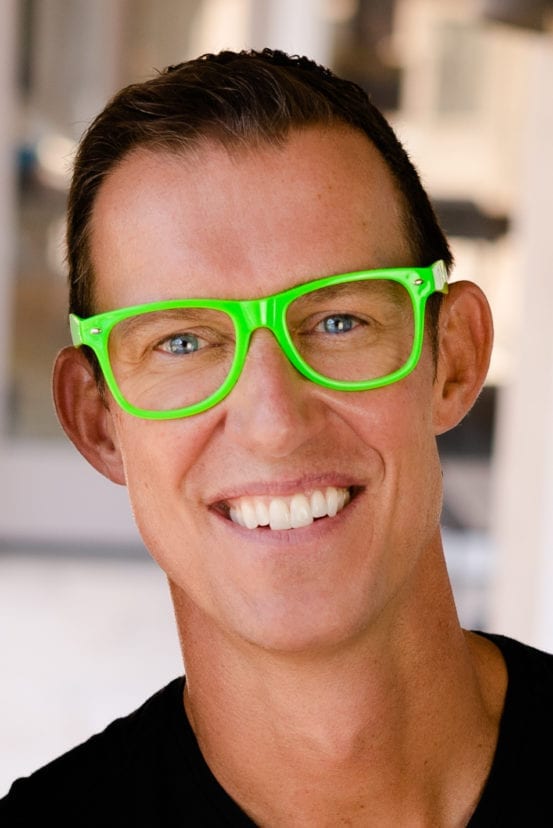
To ensure you don’t miss future episodes, subscribe to our podcast by clicking here >> Super U Podcast. We hope these tips help unlock and unleash your inner superpower!
The Super U Podcast is hosted by #1 bestselling author and Motivational Speaker Erik Qualman.

